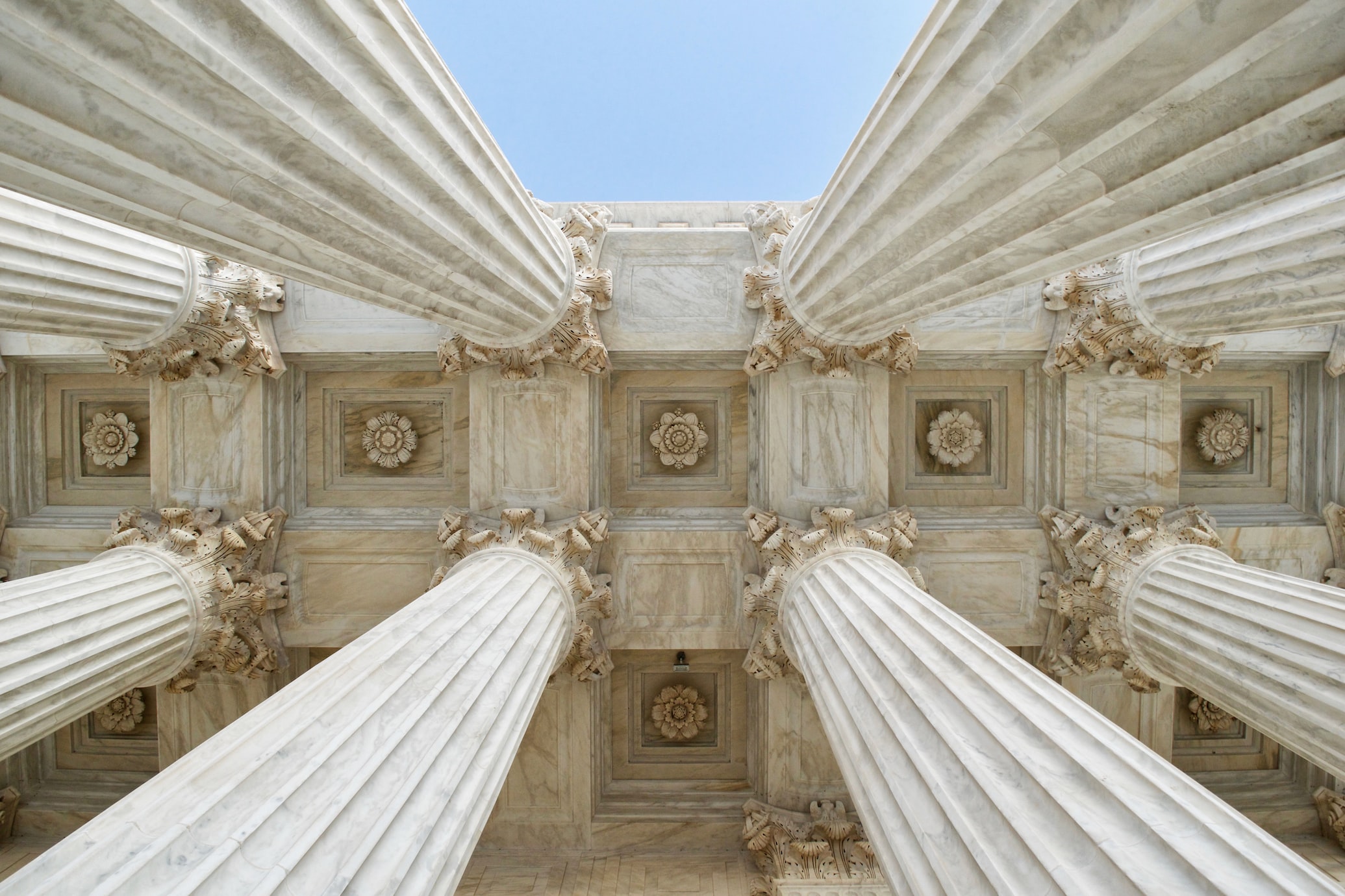
Seth Udinski, FISM News
[elfsight_social_share_buttons id=”1″]
The Supreme Court is currently hearing a case in Maine on the use of state funds for religious private schools.
Titled Carson v. Makin, the case explores the controversial issue of using state funds to support tuition programs for students at religious schools in Maine. In Maine, the state will already use public funding to pay for a child’s tuition at a private school if there is no public school available. However, if a school promotes religious teaching, then a student cannot use state money towards tuition.
Many with a more secular viewpoint will argue that religious schools are not eligible for public funding citing separation between church and state, while those in favor of funding religious schools argue that not doing so is innately discriminatory against these institutions, citing First Amendment rights.
Some experts believe the court, with a conservative majority, will side with those who believe religious institutions should be funded. Justice Brett Kavanaugh accurately described the possibility of religious discrimination against those who would choose to send their children to a religious institution:
With, say, two neighbors in Maine, in a neighborhood, and there is not a public school available, and the first neighbor says we’re going to send our child, children, to secular private school, they get the benefit. The next-door neighbor says, ‘Well, we want to send our children to a religious private school, and they’re not going to get the benefit.’ That’s just discrimination on the basis of religion right there at the neighborhood level…All they are asking for is equal treatment. They’re saying don’t treat me worse because I want to send my children to a religious school rather than a secular school. Treat me the same as the secular parent next door.
Chief Justice John Roberts’ comments also suggest that he would side with striking down the law. He specifically pointed out that public schools teach on religion as well, it’s just the viewpoint behind and manner of the religious teaching that determines whether or not a school can receive public funding:
You’re discriminating among religions based on their beliefs. …It is the beliefs of the two religions that determines whether or not the schools are going to get the funds. And we have said that is the most basic violation of the First Amendment religion clauses for the government to draw distinctions between religions based on their doctrine.
Maine is part of a region in the country that has become notoriously secular. In a case which touches on the separation of church and state, this ruling will likely have notoriety no matter which way the high court rules. FISM News will follow the updates on this case as they unfold.
